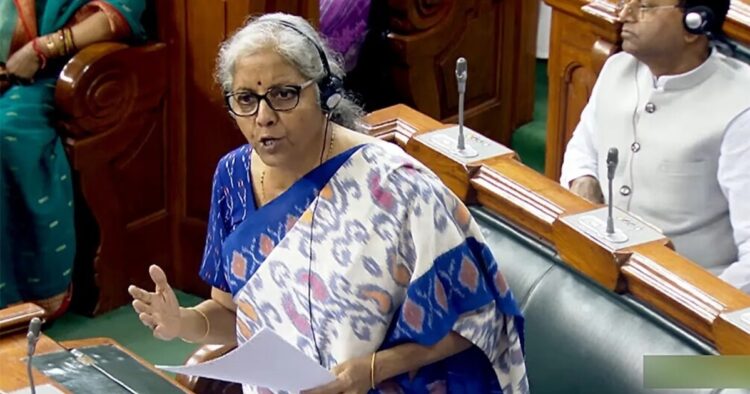The eagerly anticipated Union Budget session is scheduled to kick off on January 31 and run until February 9, as per sources from India Today. Finance Minister Nirmala Sitharaman is slated to present the Interim Budget for the fiscal year 2024-25 on February 1. The parliamentary proceedings will commence with President Draupadi Murmu addressing both houses on January 31, officially marking the commencement of the Budget session.
One noteworthy proposal circulating in the corridors of political discourse suggests the possibility of doubling the PM Kisan Samman Nidhi for women farmers in the interim budget. This potential plan is expected to be announced on February 1 and could potentially incur an additional cost of Rs 12,000 crore for the government, according to reports from Reuters.
Distinguishing itself from previous years, this year’s budget will be an Interim Budget rather than a full-fledged one. This decision is influenced by the impending Lok Sabha elections, which are scheduled in two to three months. The ruling government typically presents an Interim Budget in an election year or when there is insufficient time for a complete budget. The responsibility for formulating the comprehensive annual budget will rest with the incoming government post the elections.
In contrast to previous years, where a comprehensive Economic Survey was presented, this year a concise document on the state of India’s economy for 2024-25 is anticipated to precede the interim budget on February 1.
The Union Budget for the fiscal year 2023-24 was presented on February 1, 2023. The parliamentary session included a general discussion on the budget in both the Lok Sabha and Rajya Sabha. The Lok Sabha discussion surpassed the allocated time of 12 hours, lasting for an extensive 14 hours and 45 minutes, with active participation from 145 members. On the other hand, the Rajya Sabha discussion, lasting 2 hours and 21 minutes, fell well below its allotted time of 12 hours, involving the contribution of 12 members.
During this productive session, a total of eight bills were introduced, with all eight being in the Lok Sabha. Several bills, including the Finance Bill, 2023, and The Competition (Amendment) Bill, 2023, were passed and returned by both houses. This reflects the significant legislative activities that accompanied the budget discussions, showcasing the parliamentary commitment to crucial economic and financial matters.

















Comments